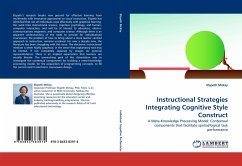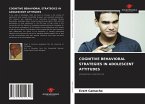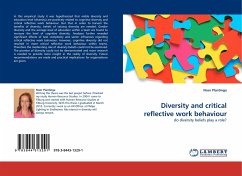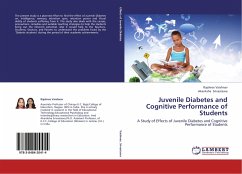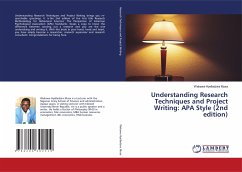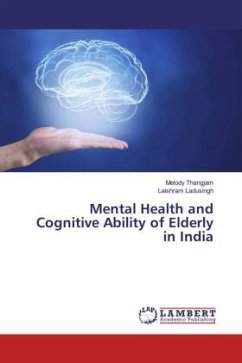Elspeth's research breaks new ground for effective learning from multimedia with innovative approaches to visual instruction. Elspeth has identified that not all individuals cope effectively with graphical learning. Her work links instructional science, cognitive psychology, and human-computer interaction, and will be of interest to educators, electro-communications engineers, and computer science. Although there is an apparent understanding of the need to provide for individualised courseware; the problem of how to bring about a more learner centred approach to instruction, remains unsolved. For over a decade now, the literature has been struggling with this issue. The electronic instructional medium is often highly graphical, in the sense that explanatory text may be limited, if not completely replaced by images (or pictorial representations). There is an implied expectation that learners are visually literate. The overarching goal of this dissertation was to investigate the contextual components for building a meta-knowledge processing model, for the acquisition of programming concepts, to fill the current void in electronic courseware design.
Bitte wählen Sie Ihr Anliegen aus.
Rechnungen
Retourenschein anfordern
Bestellstatus
Storno

